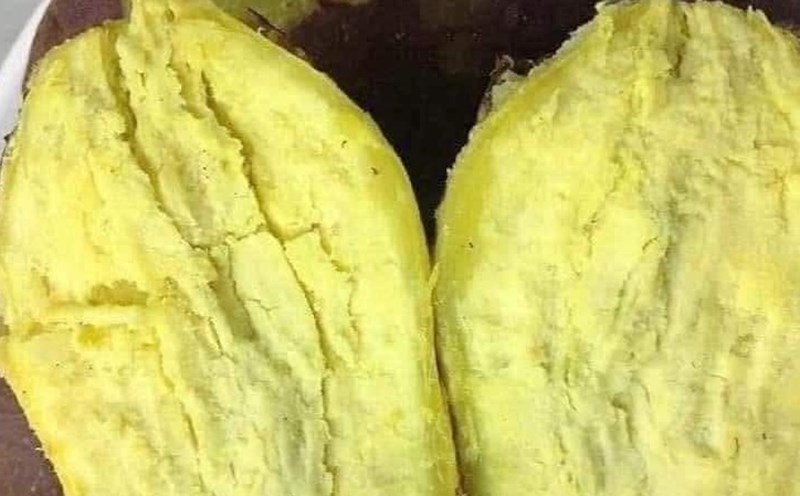Coconut water is a natural drink rich in electrolytes, potassium and many health-beneficial compounds, including kidney function. According to research, maintaining the habit of drinking enough water and providing balanced electrolytes is an important factor in supporting effective kidney function, eliminating toxins and preventing kidney stones.
Research shows that coconut water has the ability to reduce the formation of calcium oxalate crystals - the main cause of kidney stones. In the study, mice regularly given coconut water had a significant reduction in crystallization in the kidneys compared to the control group. This shows the potential to protect the kidneys of coconut water in the biological environment.
However, according to recommendations from the World Health Organization, coconut water should be used reasonably to avoid hypercalcemia, especially in people with kidney failure. A glass of coconut water about 240ml contains about 600mg of potassium - accounting for nearly 13% of the recommended daily intake. For people with normal kidney function, this is good for balancing electrolytes, but for patients with kidney failure, too much potassium can cause dangerous heart rhythm disturbances.
Do not drink coconut water with sweet potatoes
A good way to drink coconut water for the kidneys is to drink it in moderation, that is, 12 cups/day, in the morning or after physical exercise to effectively rehydrate and electrolyte. Do not drink it on a completely empty stomach, nor should you drink it with other potassium-rich foods such as bananas and sweet potatoes, to avoid overloading potassium.
Coconut water can bring significant benefits to the kidneys if used properly. Experts recommend using coconut water as part of a healthy diet, but also emphasize dosage control, especially for people with kidney problems.











